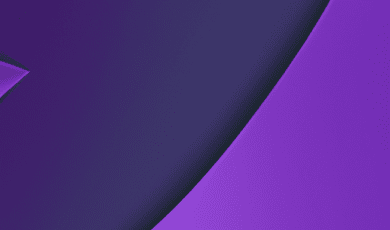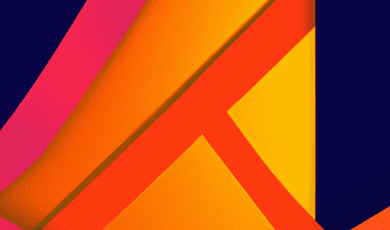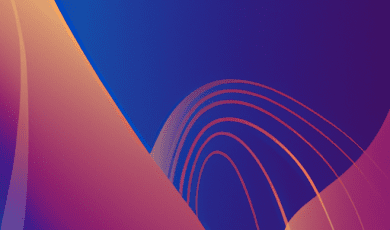
The world of sports brings people together from every corner of the globe, inspiring millions with the universal language of ambition, teamwork, and perseverance. But behind the scenes, another crucial type of language bridges countless barriers: the complex vocabulary of medicine. As athletes push themselves to new heights, the role of medical professionals becomes essential, tending to injuries, supporting recovery, and ensuring peak performance. Yet, when athletes, coaches, and medical staff hail from diverse linguistic and cultural backgrounds, communication can be a significant hurdle. Here, medical translation services step in, ensuring that the spirit of sports remains truly international and accessible to all.
The Critical Role of Medical Translation in Sports
International Competitions and the Need for Clear Communication
In major sporting events such as the Olympics, FIFA World Cup, or the Paralympic Games, thousands of athletes converge from around the world. Each brings not only unique talents but also distinct languages and medical histories. Accurate translation medicine becomes vital in these high-stakes environments. Whether it’s translating pre-competition physical reports, medication lists, or emergency medical forms, any miscommunication can have significant consequences for an athlete's health and performance.
Consider a scenario where an athlete from Japan sustains a knee injury during a competition in France. The local medical personnel must understand the athlete’s medical history, allergies, and prior treatments—which are likely documented in Japanese. Timely and precise medical translation empowers the healthcare team to make informed decisions and avoid potentially dangerous errors.
Rehabilitation and Recovery: Ensuring Best Outcomes Worldwide
The journey from injury to recovery is arduous, often involving a team of orthopedic specialists, physiotherapists, nutritionists, and trainers. In today’s interconnected sports world, athletes may travel abroad for specialized treatments or rehabilitation programs. Here, medical records, rehab protocols, and progress reports must often be translated between multiple languages. High-quality translation medicine ensures that essential details are not lost, leading to optimal recovery outcomes for athletes.
Furthermore, mental health support in sports is gaining recognition, demanding sensitivity not just linguistically, but also culturally. Medical translators with expertise in psychiatric and psychological terminology help athletes access counseling and mental health services without stigma or misunderstanding.
Anti-Doping Policies and Legal Compliance
Another facet where translation medicine plays a crucial role is in compliance with anti-doping regulations. Organizations like the World Anti-Doping Agency (WADA) release intricate guidelines and banned substance lists in multiple languages. Athletes and their teams must fully understand these to avoid unintentional violations that could tarnish their careers. Misinterpretation due to poor translations can lead to devastating consequences—not only for individuals, but for national sports programs and the integrity of competitions.
With the right translation medicine, athletes and coaching staff have access to accurate, up-to-date information that helps them make decisions in line with global standards. This not only protects the athlete but upholds the very spirit of sport: fairness, transparency, and respect.
Merging Technology and Sports Medicine Through Translation
Advances in sports medicine—such as wearable health tech, AI-driven diagnostics, and personalized therapy protocols—are constantly emerging from research institutions worldwide. The ability to disseminate and apply these discoveries depends heavily on translation medicine. Professional translators equipped with scientific expertise convert research findings, case studies, and device manuals into formats that healthcare teams worldwide can understand and apply.
This global access to cutting-edge knowledge narrows performance gaps, improves injury prevention tactics, and elevates the collective level of athletic performance across nations.
Empowering Sports Communities Through Medical Inclusion
Inclusivity is at the heart of the Olympic spirit. Today, sporting organizations strive to make training, competitions, and medical care accessible to athletes of all linguistic backgrounds, abilities, and cultures. With expert medical translation services, organizations can offer athletes comprehensive care instructions, consent forms, and health education materials in their native languages.
This fosters trust, boosts athlete confidence, and empowers them to take ownership of their health—resulting in stronger performances on and off the field.
The Future of Sport Relies on Bridging Language Barriers
Human achievement in sports is often measured in speed, strength, or skill—but perhaps its greatest triumph is unity. In a world where nationalities and languages could divide, sports brings us together in pursuit of greatness. However, this unity is only possible when clear, accurate communication underpins every interaction—especially where health and well-being are concerned.
As global travel, cross-cultural competitions, and medical innovation continue to expand in the world of sports, the need for expert translation medicine will only grow. From translating critical injury reports to spreading awareness of anti-doping policies and ensuring equitable access to cutting-edge treatments, these services serve as silent but indispensable enablers of the sporting dream. They embody the true spirit of sports: transcending barriers, respecting diversity, and striving toward excellence for all.
Investing in specialized translation medicine is not just about words—it’s about protecting lives, preserving careers, and celebrating human potential. For athletes, coaches, and medical teams around the globe, professional medical translation is a game-changer and a guardian of the sporting spirit.








